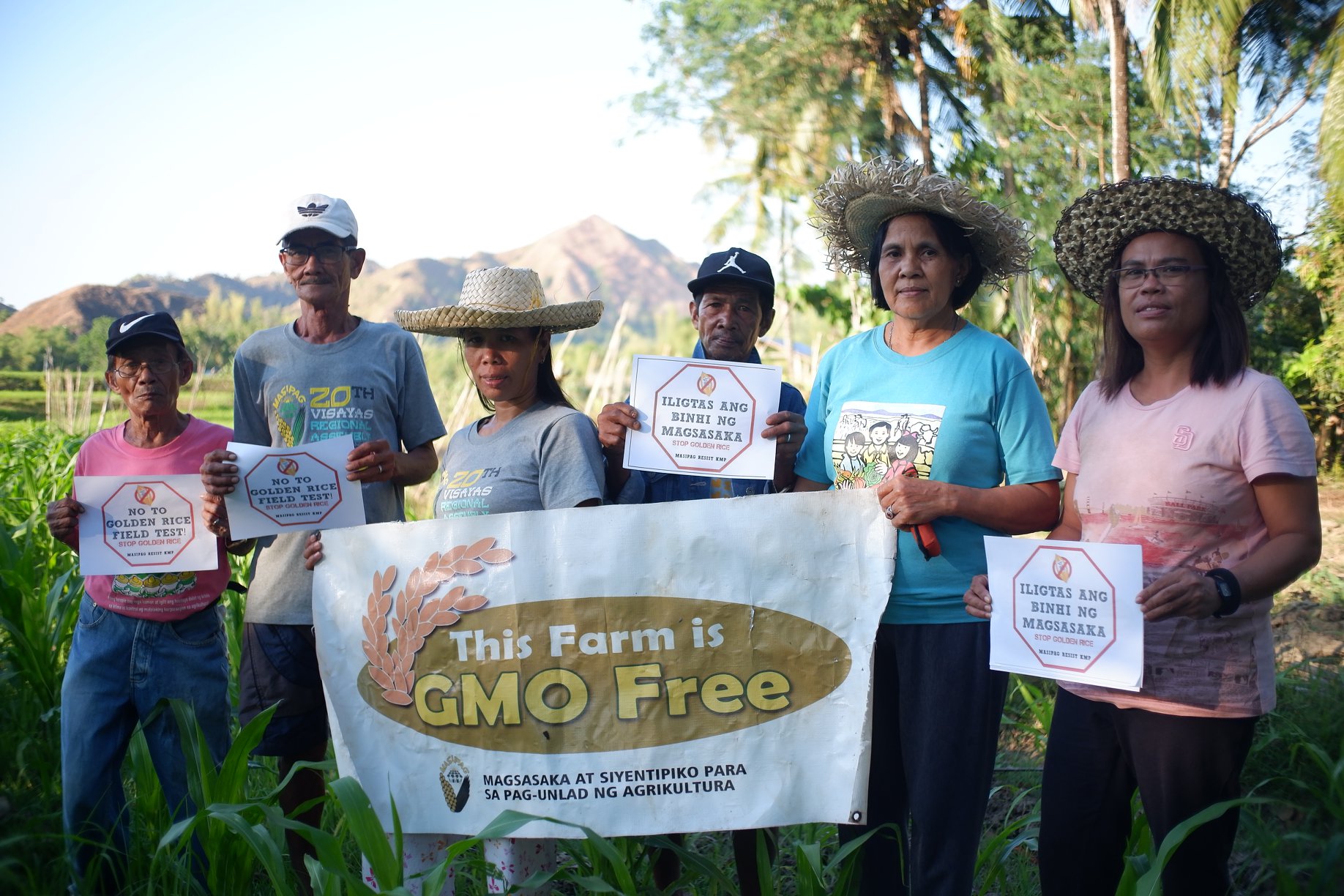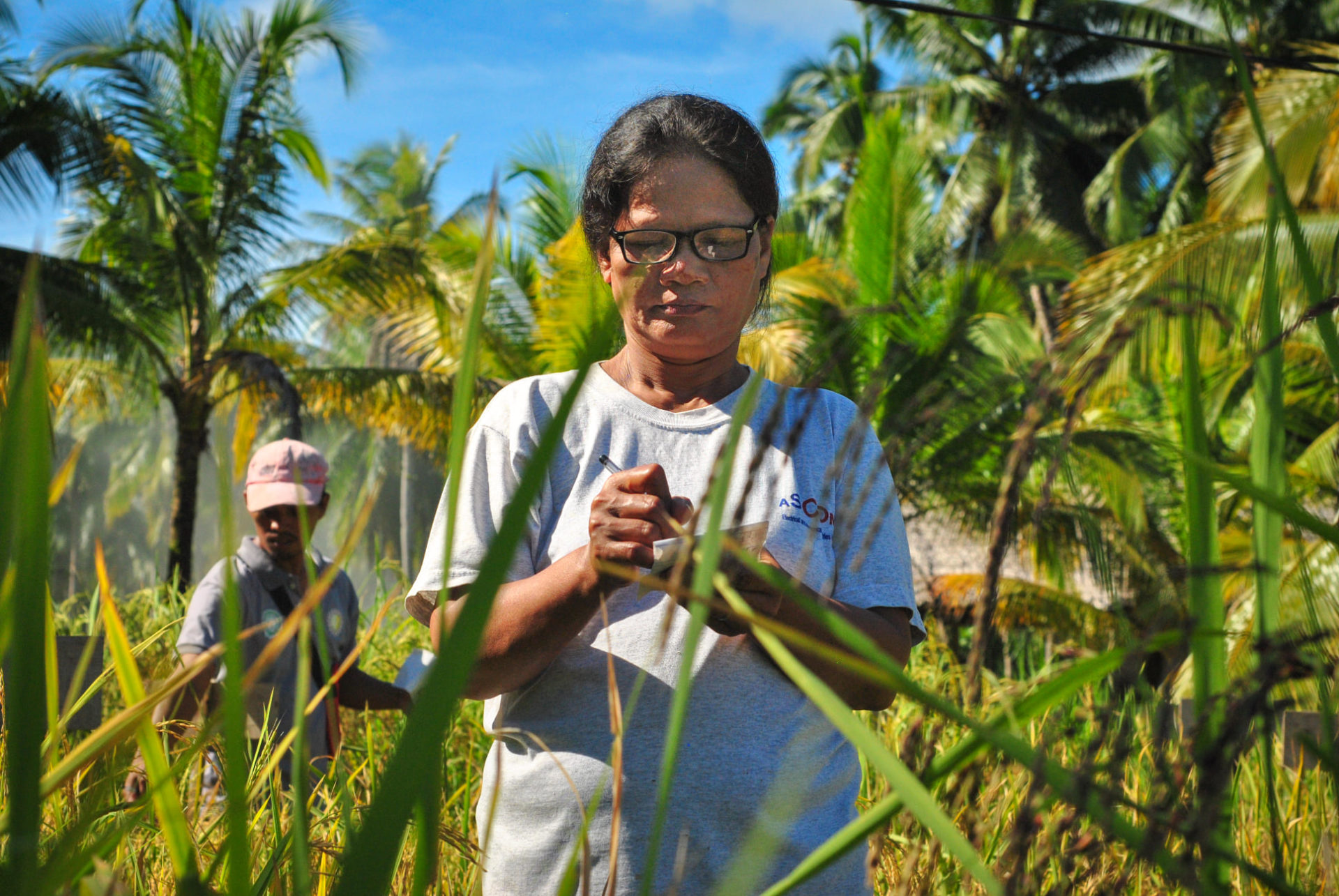
The importance of seeds is primary for nourishment, with seeds consisting of large amounts of starch, protein, and oil, seeds locate themselves as a vital part of the development of animals, plants, and humans. Seeds are as well utilized in a myriad of production mostly in food sources for humans, livestock among others. More than the technicalities of biology and nutrition, seeds also mediate in the realm of sociality with seeds regarded as a common resource; assures food security of the community, influences communal decisions with regards to land utilization and food production, trading of goods, etc, and thus ingraining itself with countless social, cultural, and political narratives as human civilization progress through time. Countless varieties adapting to different local conditions have also sprouted due to the active engagement and development of farmers across the world.
But as time passes, so does the culture of production guided by the prevailing ideology that courses through it. In the present time, globalization is rampant. Global policies such as free trade acts and laws on intellectual property rights permit the marketization of seeds, turning it into a mere commodity devoid of its once rich cultural and social narratives. Moreover, the shift in traditional agriculture to a conventional one reduced the number of seeds into a few genetically modified varieties ultimately reducing its rich biodiversity.
“In 1985, when we noticed the trend of corporate control of agriculture began in inbred rice seeds developed in International Rice Research Institute (IRRI) where it displaced more than 4,000 traditional rice varieties in the Philippines, it is then clear that agriculture and food are being controlled by transnational corporations through conventional rice breeding seeds,” said Cris Panerio, national coordinator of Magsasaka at Siyentipiko para sa Pag-unlad ng Agrikultura (MASIPAG) during the APEX regional conference’s plenary on seeds and biodiversity.
“Seeds have been modified through inbred development since the 1980s—from hybrid to GMOs—to extract more profit at the expense of farmers, health, and the environment,” Panerio added.
As GMOs proliferated, the national government facilitated intellectual property rights (IPR) laws on seeds and other technologies to protect the investments of agri-corporations. Member nations of the World Trade Organizations (WTO) have been obligated to pass legislation that would comply with its agreement on Trade-Related Aspects of Intellectual Property Rights (TRIPS Agreement).
What is to be done then?
“We must promote a farmer-led or participatory conservation and improvement of seeds, planting materials and animals through breeding and selection- an agriculture that strives to adhere to the principles of agroecology as part of farmer empowerment agenda political struggle against agro-transnational corporations.” Panerio explained.
Moreover, Dr. Johannes Kotschi of the Global Coalition of Open-Source Seed Initiatives (GOSSI) stressed the importance of seeds as commons and the threats brought by corporations through commercial seed sales. Seeds as commons allow everyone especially farmers and plant breeders to use, share and breed their seeds without the fear of facing legal cases from corporations that claim the seeds’ “intellectual property rights”. “The manipulation of monopolies to stifle competition strives for uniformity in production, reduce necessary innovation, raise the costs for seeds and make society increasingly dependent on a few giant private enterprises. This limitation in access contradicts the overall goal to increase and sustain biodiversity and agriculture” said Dr. Kotschi.
Dr. Kotschi shared that in GOSSI, they aim to re-establish a commons-based seed sector as a second pillar next to the private sector. Moreover, ethical and legal agreements are among the strategies developed by GOSSI to protect plant breeders’ newly developed varieties and to help farming communities in defending their traditional cultivars and old varieties that have yet to be described and registered.
Reclaiming seeds and biodiversity
The APEX regional conference panel on seeds and biodiversity gave space to partners to share their respective insights with regards to the seed in their area and how they practice seed biodiversity amid the growing corporate capture in agriculture.
Specifying in the technicalities of seed privatization policy and how to overcome it, Dr. Kotschi shared that although there are seed laws allowing the registration of seed varieties for plant variety protection, licensing it as open is an effective way to resist patenting especially in the dynamics of TRIPS Agreement. Moreover, varieties that are not yet described, and newly developed can be open-sourced, protected, and in doing so, can build up a common space for the seed sector protected from intellectual property rights. Whereas the description is defined by the farmer and defined by the institution or the plant breeder. “Wide usage and its popularization complemented with proper documentation is also an effective step to resist corporate patenting.” Panerio also added.
Raising the concern for possible seed extinction, Fr Sani Lake of JPIC Kalimantan shared their experience in Indonesia where the community is losing lands to farm and the original seeds are difficult to conserve and save. Yosef Sumu of YMTM on the other hand asked how to build critical awareness of farmers to start protecting local seeds since some farmers are more economically oriented and more interested in using seeds produced by companies with the lure of high production.
Panerio responded that “farmers need to start collecting varieties of seeds. Moreover, farmers should reach out to people’s organizations that campaign for genuine agrarian reform and lobby for legal solutions to land struggles. We need to strengthen our social movements, agroecology, and support of each other to assert rights to land.”

Furthermore, Pavel Partha of BARCIK, shared the seed conservation experience of Bangladeshi women who give importance to the seeds and consider them as living things. “By associating the seeds to the past and are important for the present and create hope for the future, therefore, seeds cannot be controlled or patented – seeds then are common resources unlike genetically modified seeds”.
Partha added that ensuring women’s seats in the community seed bank would greatly strengthen not only the protection of genetic diversity of local seeds but also the people-led adaptive research on seeds.
Moving forward

APEX partners had a collective reflection with regards to seeds and biodiversity and how to protect and reclaim it from the control and influence of corporations. The group arrived at a consensus that the step must revolve around strengthening the capacities of farmers in breeding and sharing knowledge and wisdom about breeding and farming. Moreover, making seeds accessible to the farmers through open source and protecting it from corporate grabbing are effective strategies to enhance the farmer-led systems.
Finally, tackling social and political aspects of seeds and biodiversity are also crucial to resist corporate capture; promotion of indigenous seed resource centers at community levels, and strengthening and resisting repressive policies that do not favor the farmer-led seed system both at the local, national, and international level.
APEX © Copyrights 2021. All rights reserved.